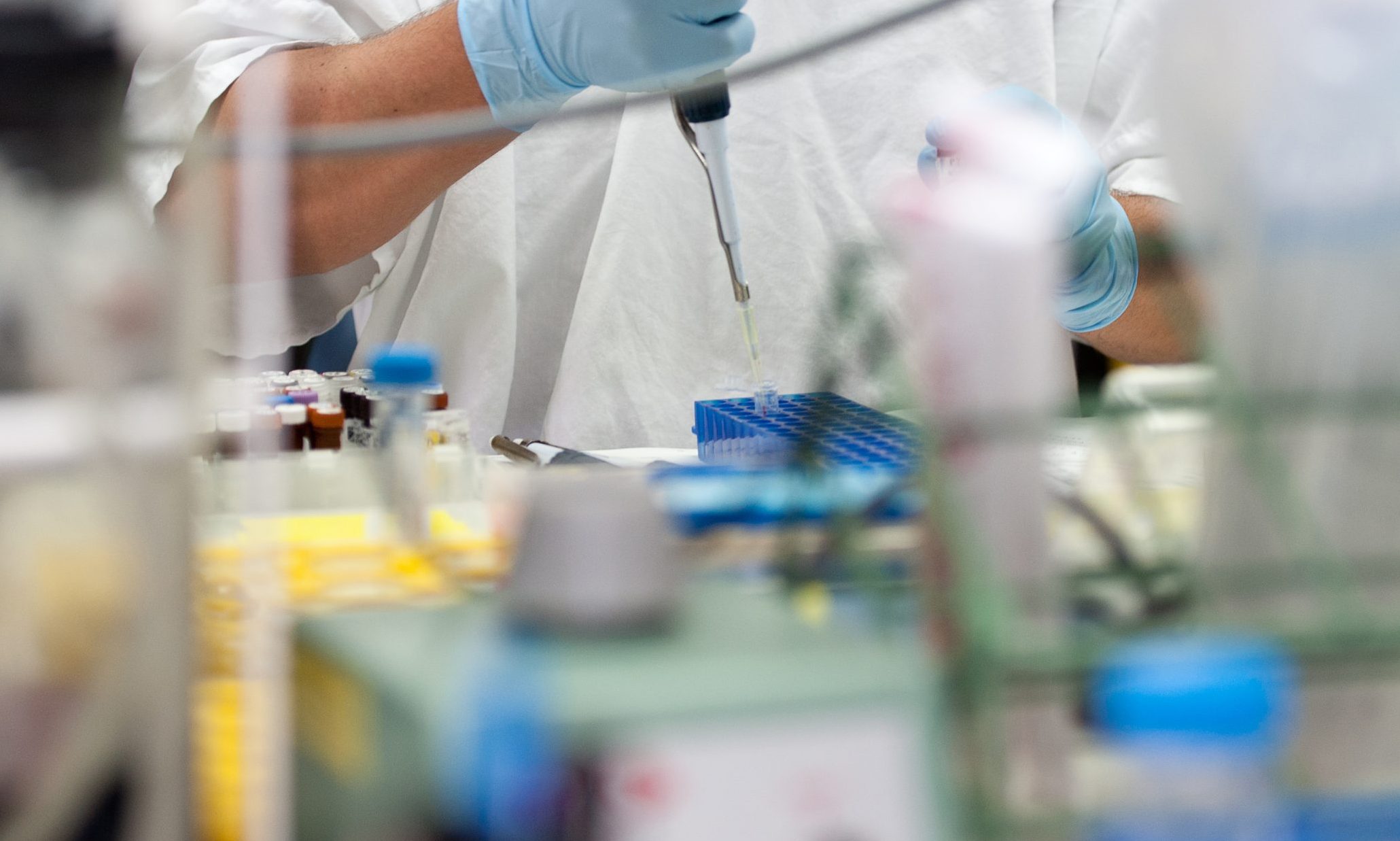

Ph.D. Program
Currently recruiting students
The DART Centre has 19 PhD scholarships available with students located at Monash University, University of Melbourne, and University of Sydney.
Benefits of the program include:
- ICHDR stipend indexed each year (as of 2025, $40,581) up to 3.5 years.
- Affiliation with internationally recognised Go8 Australian Universities (Monash University, The University of Melbourne, Sydney University) capitalising on state-of-the-art infrastructure, membership to accredited higher-degree education programs and globally-recognised research excellence.
- Hands-on radiochemical training provided by ITTC partners including the Australian Nuclear Science and Technology Organisation (ANSTO), Helmholtz Zentrum Dresden-Rossendorf Research Institute (HZDR, Germany), several national hospitals (Liverpool, Austin) and Monash Biomedical Imaging (MBI).
- Collaboration with 5 industry partners (Telix, Cyclotek, AdAlta, iPhase, Glytherix) on cutting edge radiochemical research projects
- Immersion (up to 12 mths, fully funded) with non-university partners.
- Additional research support delivered by ITTC-appointed post-doctoral research fellows at each university node.
- Yearly budget allocation to support project laboratory and analytical costs.
- Advanced chemistry skills and theory modules delivered by DART Centre-affiliated academic staff.
- Professional development modules delivered by university and partner organisation staff.
- Vibrant and supportive academic and social DART community.

Program Description

Program Requirements
To participate in the program, you:
- must have a relevant background in chemistry, biochemistry, … or equivalent
- must have a first-class Honours degree, Masters degree, or equivalent
- must have fluency in written and spoken English
- must meet the compliance requirements with Australian Sanctions Law
- must meet all University-specific requirements for a PhD within the desired School
- must be available to complete a 12-month industry placement during candidacy (see FAQ for details)




